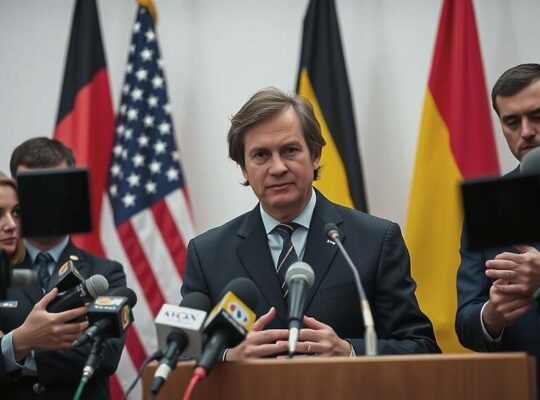A collaborative initiative involving the Standing Conference of Ministers of Education and Culture (KMK), the Federal Council for Low German and the Council for National Minorities has unveiled a new framework for integrating knowledge about Germany’s four autochthonous national minorities and ethnic groups into the education system. This follows a recent recommendation focused on promoting understanding and appreciation for these communities.
Autochthonous groups are defined as those who have resided in Germany for centuries, maintaining distinct languages and cultures. Simone Oldenburg, President of the KMK, emphasized their crucial role in the nation’s cultural heritage, stating they are integral to Germany’s “cultural DNA.
A recent expert conference, hosted by the representation of the Free State of Saxony within the federal government, showcased a range of practical implementation strategies. These included student ambassador programs and innovative digital learning tools. The conference highlighted the diversity of approaches that can be taken to foster inclusivity and understanding.
Presentations at the all-day event featured educational resources such as the “Minorities’ Case” developed by the European Center for Minority Issues and an interactive “Minorities’ Labyrinth” escape room format. The initiative builds upon a KMK resolution passed on December 13, 2024, developed in conjunction with the Federal Council for Low German and the Council for National Minorities. The focus is on ensuring the integration of these groups’ histories and cultures within the German education landscape.












